Microsoft has recently updated its guidelines concerning the use of Azure OpenAI services, including a firm stance against the utilization of facial recognition technologies by law enforcement without appropriate safeguards. This article delves into the implications of these changes and how they align with broader ethical concerns in technology.
Microsoft’s Commitment to Responsible AI
Microsoft is at the forefront of addressing the ethical challenges posed by artificial intelligence. By implementing a rigorous code of conduct for its Azure OpenAI Service, the tech giant has placed restrictions on potentially invasive AI functionalities, including facial recognition by law enforcement agencies. This move is part of Microsoft’s broader initiative to ensure its technology is used responsibly, particularly concerning individual privacy and societal impact.
The Specifics of the New Azure OpenAI Policy
Under the new guidelines, Microsoft prohibits the use of Azure OpenAI services for real-time facial recognition by law enforcement in uncontrolled environments. This includes any form of facial recognition or analysis that could infer sensitive personal attributes or emotional states from individuals without their consent. The policy also explicitly bans the use of such technologies for profiling based on biometric data, thereby limiting potential misuse in tracking, stalking, or surveillance without oversight.
Impact on Law Enforcement
The decision by Microsoft to limit law enforcement’s access to facial recognition tools on Azure OpenAI services is a reflection of a growing demand for more ethical standards in technology use. This policy aims to prevent potential misuse of AI in scenarios that could lead to privacy violations or discrimination. Law enforcement agencies are now required to seek other methods or tools that comply with regulatory and ethical standards for operations requiring facial recognition technologies.
Broader Implications and Industry Response
Microsoft’s updated policy could set a precedent in the tech industry, encouraging other companies to adopt similar responsible AI practices. The decision aligns with global calls for greater transparency and accountability in the deployment of AI technologies, especially those involving personal data processing and surveillance capabilities.
Microsoft’s latest policy updates represent a significant step towards balancing innovation with ethical responsibility in the use of AI technologies. By restricting the use of Azure OpenAI’s capabilities in sensitive areas such as facial recognition by law enforcement, Microsoft is not only adhering to ethical AI principles but also responding to societal concerns about privacy and civil liberties in the digital age.

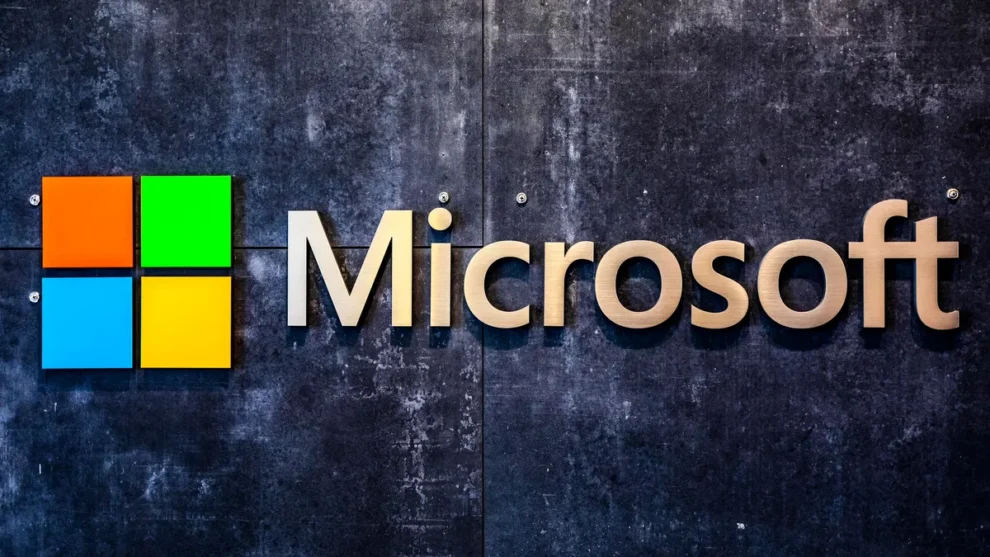

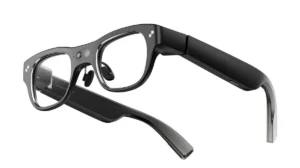


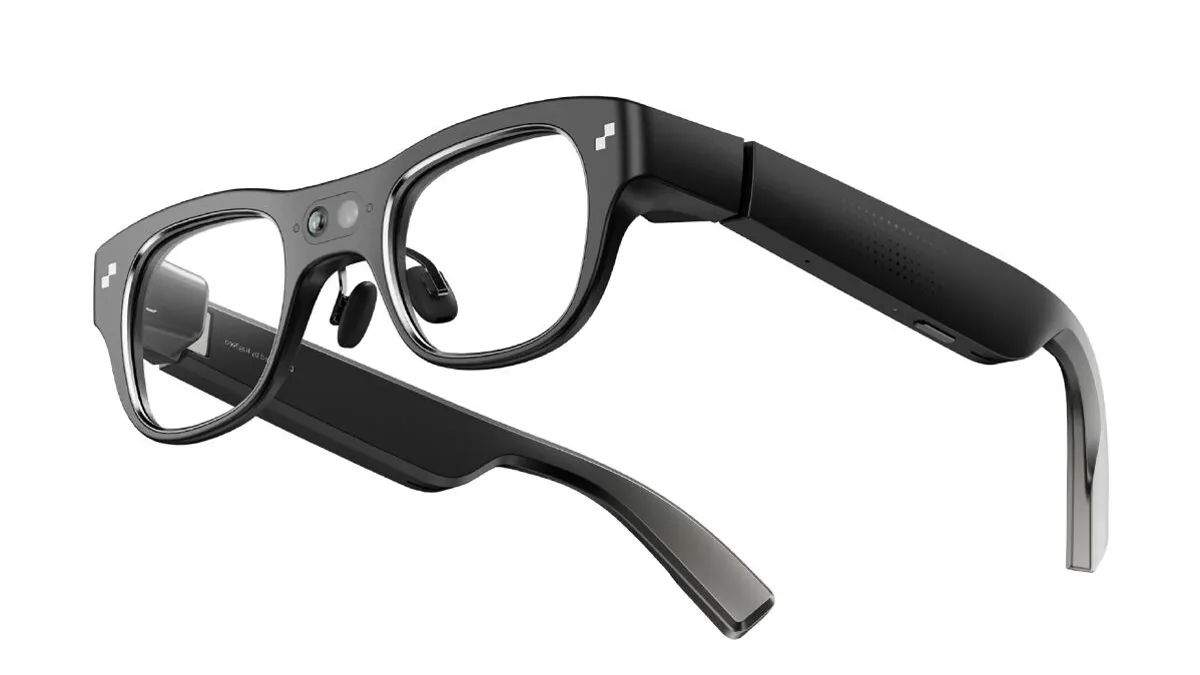

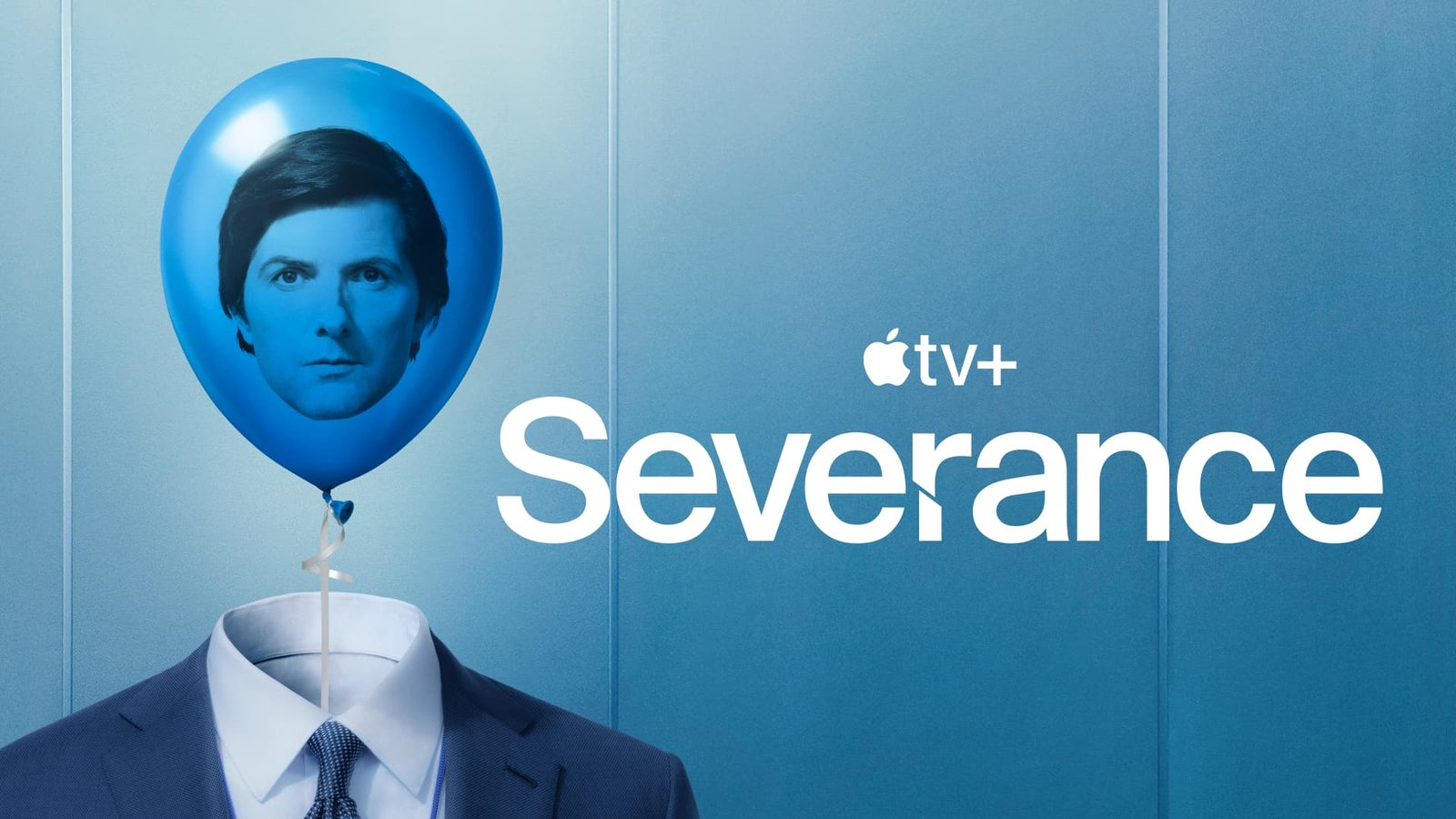
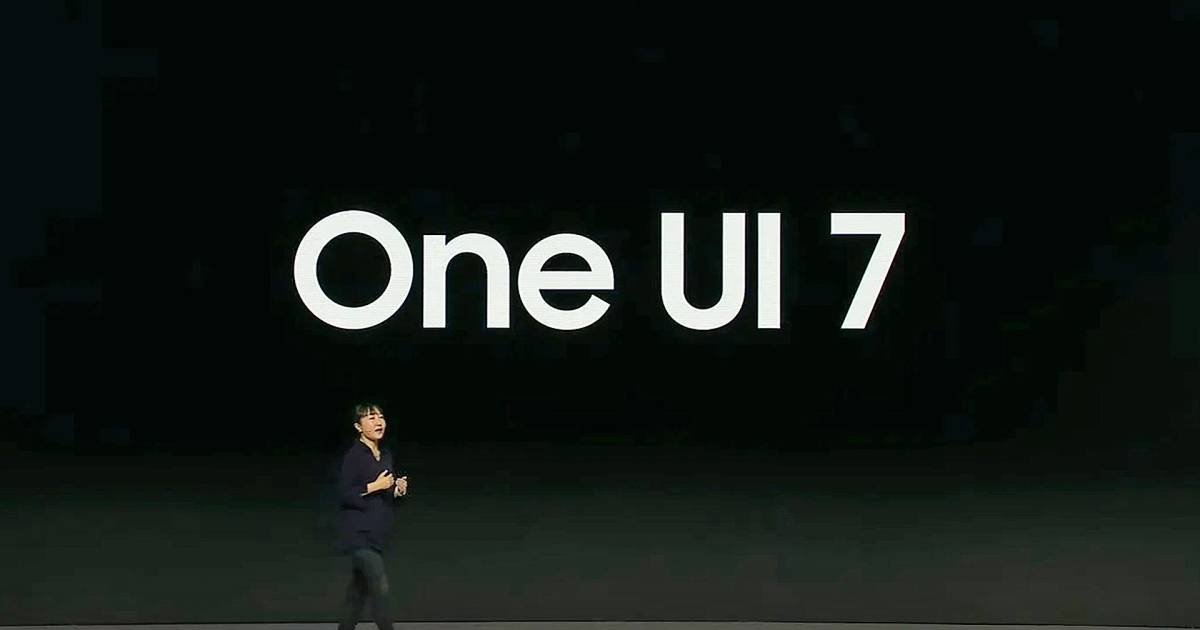









Add Comment